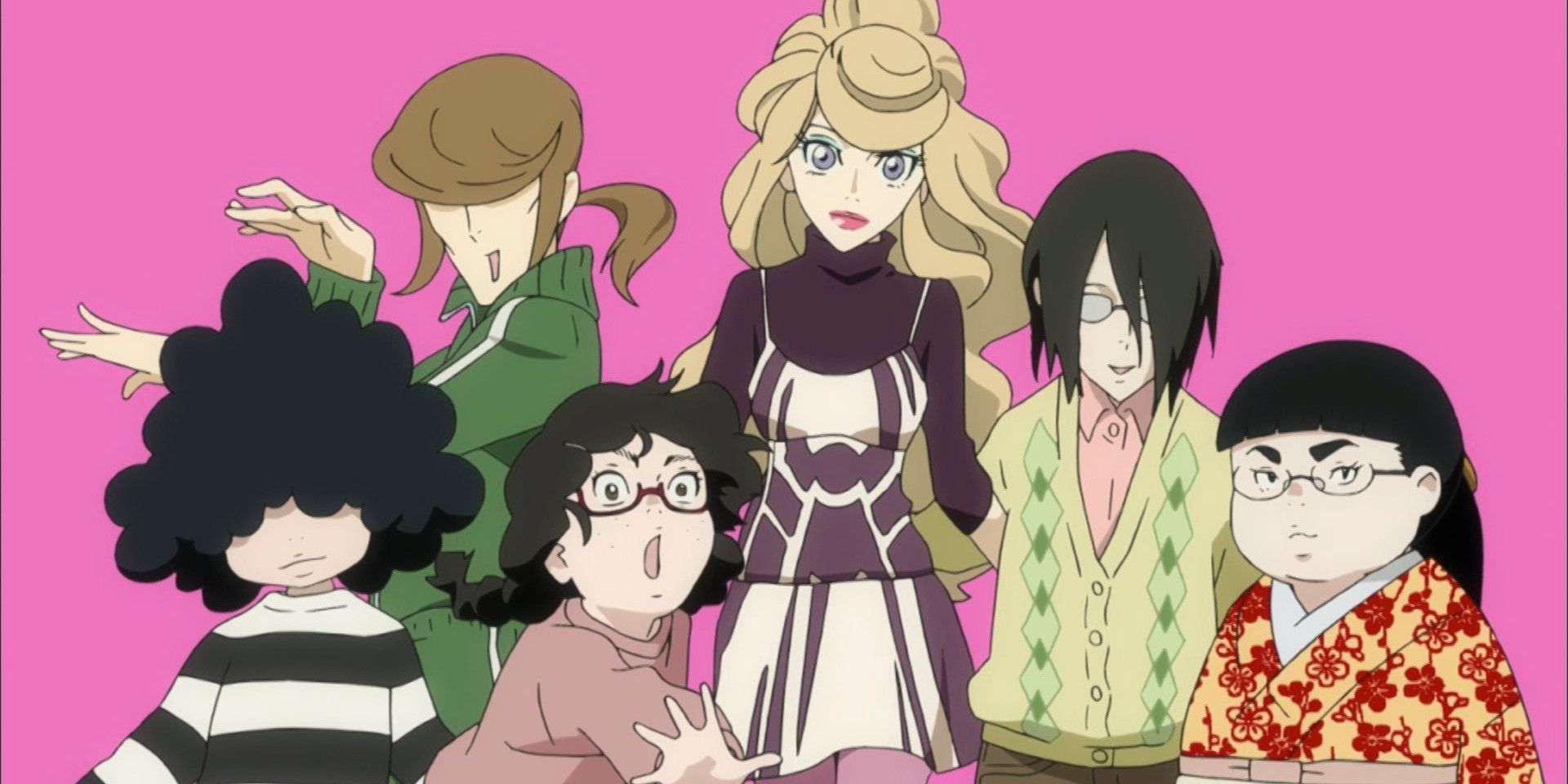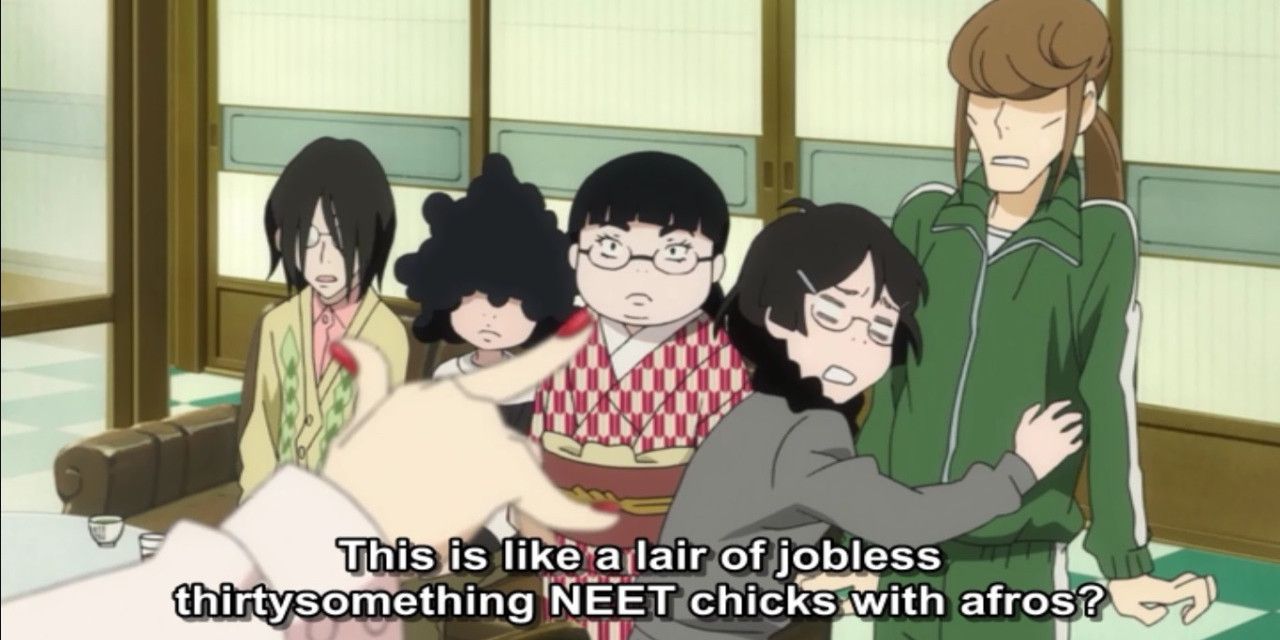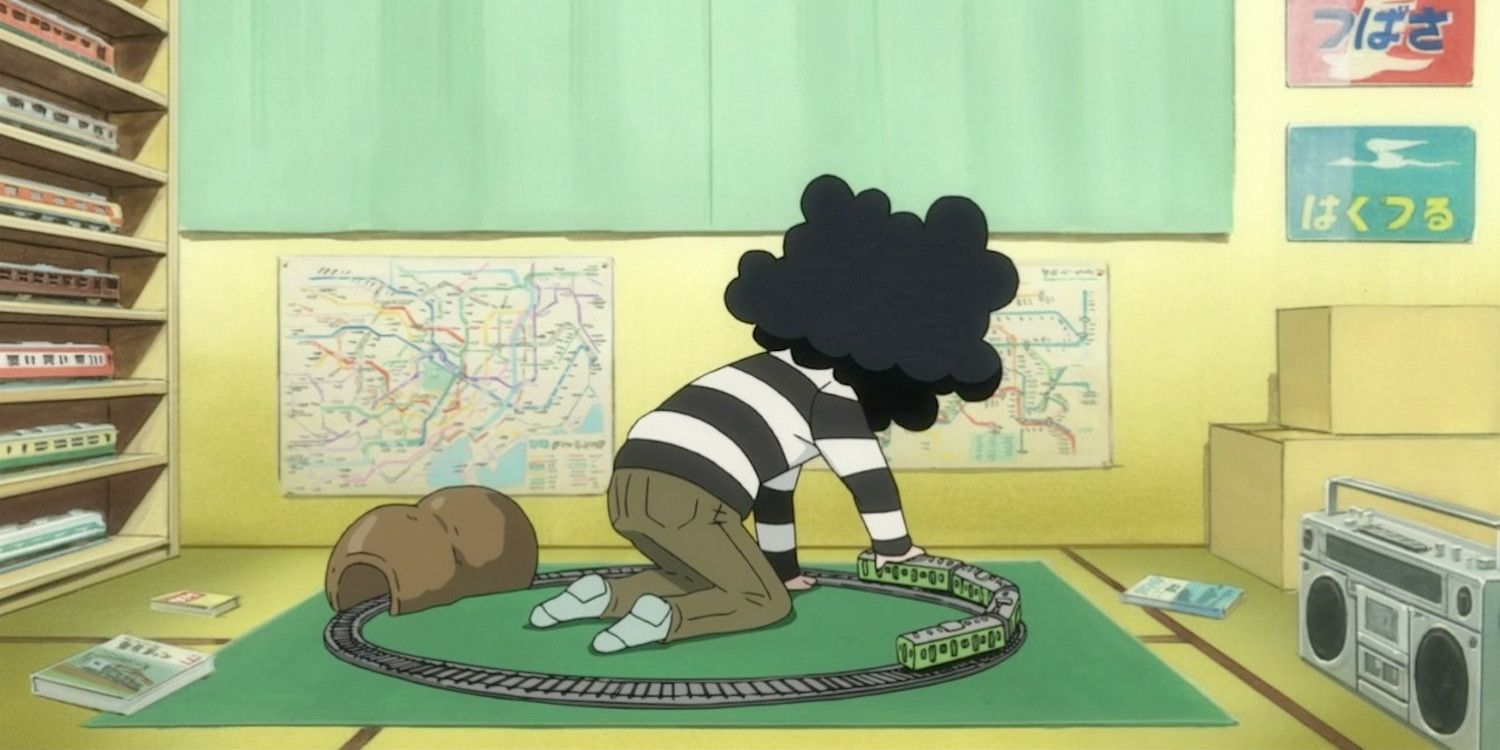The word "otaku" is commonly thrown around anime communities worldwide. First popularized in the 1980s, the term can have a negative connotation in Japan. It can be associated with another Japanese term, NEET, an acronym for "not in education, employment, or training," which describes a person who does not earn their own living or contribute to society. Because of this, otaku are often stereotyped to be lazy and lacking in common sense and social skills. Despite this, international anime fans have claimed the word, often using it as a descriptor for people within it. To the majority, one is an otaku if they obsess over particularly Japanese-born content like anime, manga and JRPGS.
However, otaku is not often used in a way that reflects its true meaning. This is so even in anime and manga, where the term has been more popularly used as a character trait. Whether it's stories like Wotakoi or Recovery of an MMO Junkie featuring otaku characters in a slice-of life-setting, or the average isekai giving its protagonist an edge because they were an otaku in their past life, this is the most stereotypical interpretation. While anime, manga and video game otaku are large groups who fall under the title, it is not so exclusive -- and there's no series that depicts this better than Princess Jellyfish.
Princess Jellyfish Represents the True Meaning of Otaku
Princess Jellyfish is now considered a classic series, especially in josei circles, because of its heart and the care taken with the characters. Its positive views on crossdressing are hard to find even in newer series, and no quirky character feels like the butt of a joke. The majority of the cast are protagonist Tsukimi and her housemates in The Sisterhood, a group of adult women who dedicate all their time and allowances to their passions. Among them are characters with typical otaku interests, like BL manga artist Mejiro. The majority, however, have interests that do not fit this mold and count as otaku.
This is because the word "otaku" is not limited to anime, manga, video games or other common nerdy hobbies. It refers to any person who has an above-average passion and knowledge of a certain subject. So, while the first examples one might think of are characters like Wotakoi's Narumi or Mushoku Tensei's Rudy, a person can be an otaku for anything. The interests of The Sisterhood include, but are not limited to, trains, jellyfish and traditional Japanese clothing. The show's wide representation of otaku even expands beyond The Sisterhood, as Kuranosuke can be seen as a fashion otaku.
Princess Jellyfish's Otaku Characters Are Allowed to Grow and Expand Their Boundaries
Princess Jellyfish's portrayal of otaku is also different from the norm, even within anime and manga. Typically, otaku characters are losers who have nothing going for them or only find opportunities when they hide their interests. It's only in the company of other otaku that they feel they can be themselves. While most of this is true for Tsukimi and the other members of The Sisterhood at the start of the series, they grow from this place. With Kuranosuke's help, they have new experiences and gain confidence. He dresses them up, gets them out of the house and shows them the world isn't as scary as they think.
Meanwhile, the narrative gives them chances to show the value of their niche passions. Chieko's sewing skills help them raise money, while Banba's knowledge of the train system helps them find their way after getting lost. The biggest, of course, is Tsukimi finding a goal through her love of jellyfish. Her desire to wear a dress inspired by her favorite animal sparks a fire, leading her into the world of fashion. Princess Jellyfish shows that any interest, no matter how niche, has value. It may not be valuable all the time, but no expertise truly is. A renowned chemist may never paint a masterpiece, but their knowledge is still worthwhile.
In a medium where being an otaku is presently being more celebrated than shunned, Princess Jellyfish remains one of the best representations of what it means to be one.



